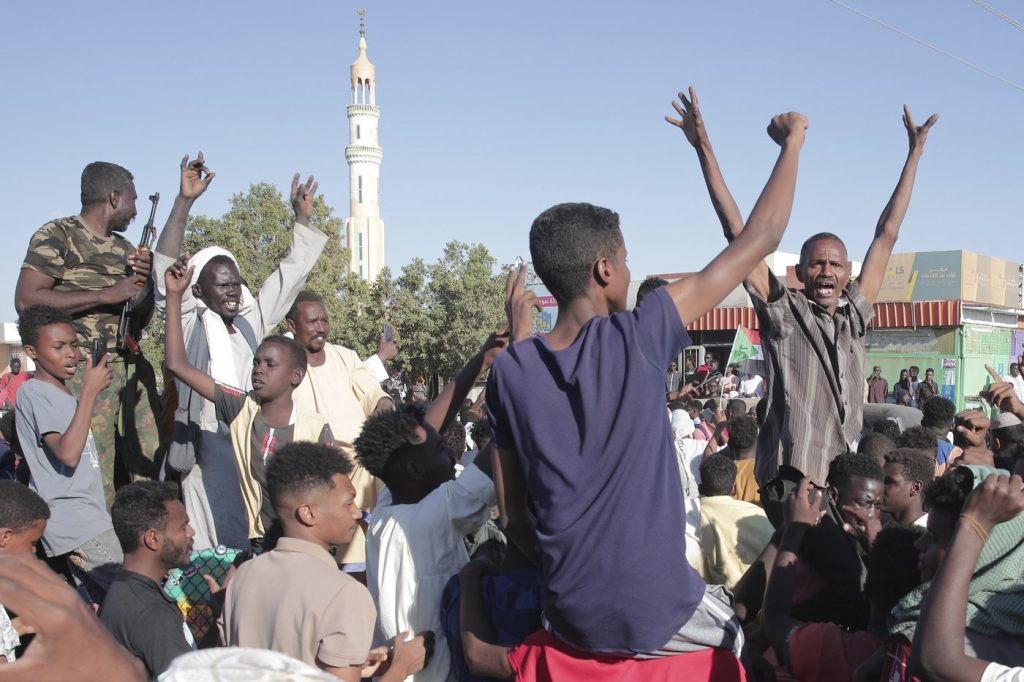CAIRO (AP) — Sudan's military, alongside its allies, has regained control of the strategic city of Wad Medani from the rebel group known as the Rapid Support Forces (RSF), marking a significant setback for the notorious paramilitary organization. The United States has accused the RSF of committing genocide during the ongoing civil war in Sudan.
Wad Medani, located in Gezira province and previously considered a safe haven for displaced families during the early phases of the conflict, fell to the RSF more than a year ago. The military's recapture of the city could have profound implications in the broader context of the war, which has seen rampant violence since its onset in April 2023. The conflict initially erupted due to escalating tensions between military leaders and RSF factions, quickly spreading to various regions of the vast northeastern African nation.
The ongoing conflict has resulted in over 28,000 deaths and forced millions from their homes, with some families resorting to eating grass as famine grips several regions. Atrocities such as ethnic killings and sexual violence have been reported, triggering investigations by the International Criminal Court into alleged war crimes and crimes against humanity.
In a statement, the military announced that its forces entered Wad Medani early Saturday, intending to eliminate remnants of the RSF from the city. The announcement elicited celebrations among military personnel and local residents, with the government spokesperson, Culture and Information Minister Kahlid Aleiser, declaring that the military and its allies had "liberated" the city situated approximately 100 kilometers (60 miles) southeast of Khartoum.
Following the RSF's initial capture of Wad Medani in December 2023, tens of thousands of residents have been displaced. In recent months, the RSF has faced numerous setbacks on the battlefield, allowing the military to gain a stronger position in the conflict. The RSF has lost significant ground in various regions, including parts of Khartoum, Omdurman, and central and eastern provinces.
The conflict has triggered the world's largest displacement crisis, with over 14 million people, roughly 30% of Sudan's total population, forced to abandon their homes, according to United Nations reports. Additionally, an estimated 3.2 million people have fled to neighboring countries, including Chad, Egypt, and South Sudan.
Furthermore, famine conditions have been reported in at least five areas, including three displacement camps in the western Sudanese region of Darfur. The Integrated Food Security Classification (IPC) has indicated that severe food insecurity could expand to five more areas within the next six months, with additional regions at risk.
As the war continues to evolve, the recent military successes could reshape the dynamics on the ground, with significant implications for the ongoing humanitarian crisis and the broader geopolitical situation in Sudan.










